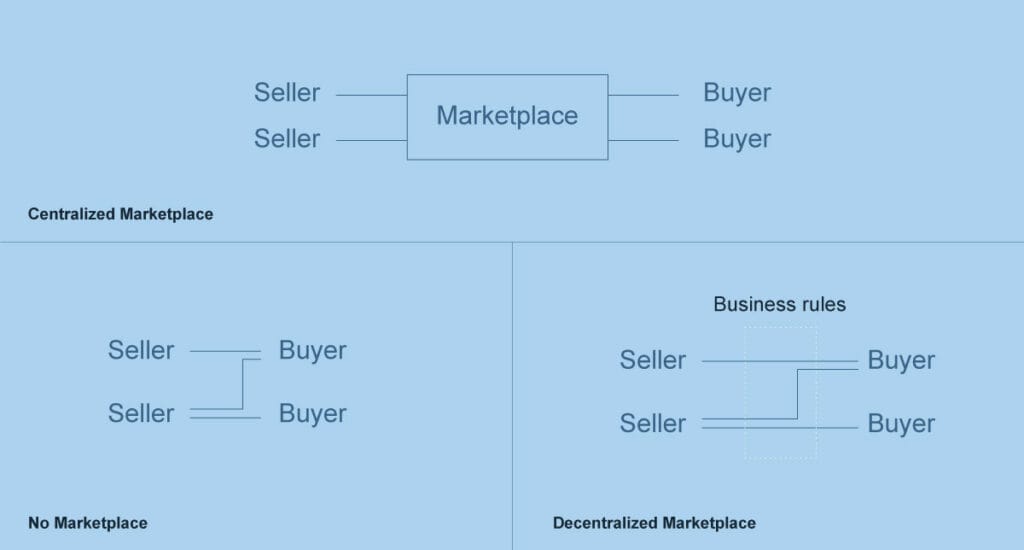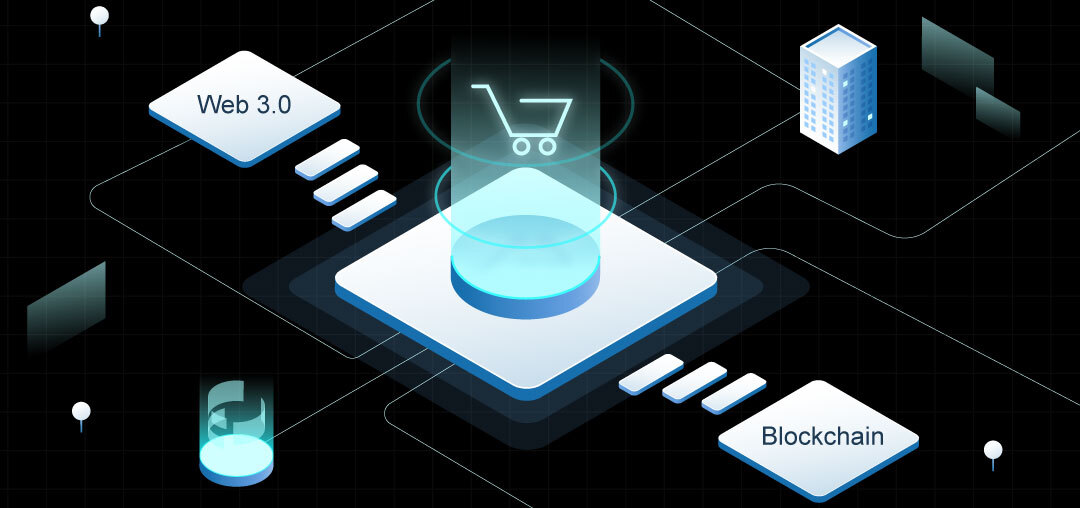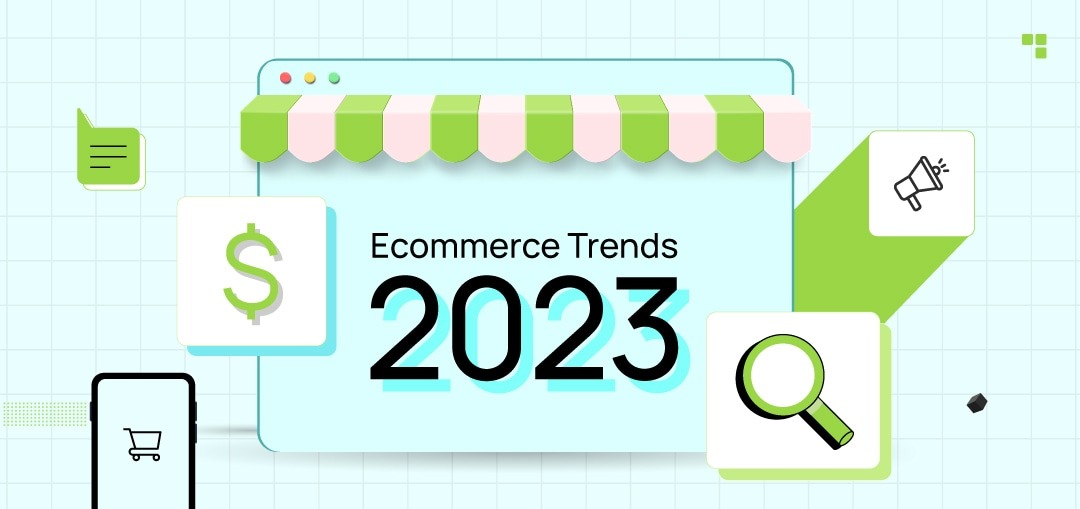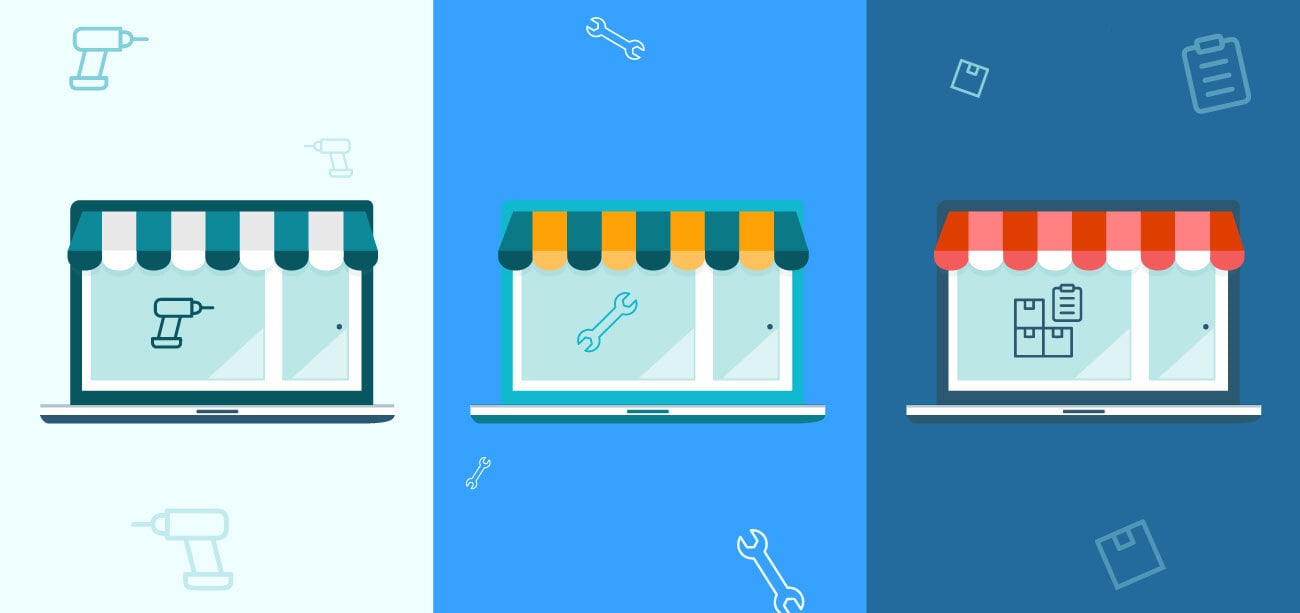Since the Internet came into existence in the 90s, it has undergone a significant transformation. The first version – Web 1.0, was the readable phase focused on passive information sharing with minimal interaction between web users and websites.
Next came Web 2.0, also called the writable phase, which completely transformed how users used the Internet. It opened new avenues of higher user participation, real-time information sharing, and giving users a voice. One of the significant drawbacks of web 2.0 is data privacy concerns. Currently, big corporations and organizations control our data. They drop cookies into our systems, record each activity we do on the web, such as our browsing history, surfing patterns, and personal information and hand them to advertisers.
But now, we are gearing up for the third phase of the Internet revolution, web 3.0, also called the semantic web. The positive factor of this web 3.0 is that it puts the power in the hands of the users making the web a more user-centric platform. Now, what exactly does it mean?
So, all the data we share on the web through various websites and online communities is stored in a centralized infrastructure owned by tech giants or government organizations. Companies buy servers, install the intended software and then store the data that the user shares. So they are the sole owners of our data records, and it is entirely upto them how they want to use it. But with web 3.0, this will change where all the data will be decentralized, and no third party will own the data.
What is Web 3.0 all about, and what exactly is decentralization?
The main crux of Web 3.0 is decentralization and an effort to make the Internet intelligent, backed with artificial intelligence and big data. Technologies like Blockchain form the backbone of decentralization, a relatively new data storing and managing technique built on two core concepts: encryption and distributed computing. Encryption means that the data can only be accessed by people who own it, and distributed means that the data will be shared across multiple systems or servers in the network. If the data in one system doesn’t match all others, it will corrupt the chain.
The biggest advantage of web 3.0 is that it will allow people to exchange information online securely and privately.
Now let’s explore how the powerful features such as security and decentralization that Web 3.0 offers can impact the digital commerce industry:
1.) Enhanced Security: Data breaches and fraudulent transactions are the biggest concerns for online retailers. As per a Fraud Survey 2020 report – 47% of businesses lost $42 billion due to fraud in the previous 24 months. Web 3.0 is one of the most secure and reliable platforms compared to its predecessors. From a safety standpoint, blockchain-based payments can significantly reduce fraudulent activities, given the transparency and visibility it offers through interconnected systems. The system will allow transactions to be tracked right from when the user clicks the buy button until the time he receives his order.
2.) Better Supply Chain Management
A Blockchain can significantly refine supply chains by enabling faster and more cost-efficient delivery, enhancing products’ traceability, and improving coordination between partners. It will ensure that all operations involved in the supply chain are transparent and secure.
Let’s take a scenario where a retailer sources products from the supplier, and the supplier gets the capital from the bank to fill the order. The above transaction involves informational flows, financial flows, and inventory flows. Now it is impossible to keep all the data together so that all entities involved get to know what is happening behind the scenes.
The finance record will not have information about the related inventory details. The implemented ERP systems usually record all types of flows involved. Still, it is hard to evaluate which entries (credits for return, accounts receivable, payments, etc.) correspond to which inventory transaction, specifically for large-scale businesses that process numerous orders in a single day. A blockchain-powered transparent system can alleviate these blind spots and help record all the information together.
Check the below image that clearly depicts how Blockchain helps record all transactions in one place and gives more visibility.
3.) Advent of decentralized marketplaces: In Web 2.0, big online marketplaces and eCommerce giants earn commission by providing a platform to various sellers to sell their products to consumers. In the Web 3.0 version, third parties won’t need to facilitate such transactions, and the process can directly take place peer-to-peer. In such a model, most of the sales and release of funds will be managed by smart contracts. It means that buyers and sellers agree to a set of pre-specified terms and conditions, and when these conditions are met, the program will be automatically executed. As of now, there are several types of decentralized marketplaces, such as marketplace applications, blockchain-specific marketplaces, and marketplace platforms.

4.) Cost-effective and faster: Online transactions and processing using cryptocurrencies and blockchain can help mitigate the additional charges incurred due to mediators or intermediaries such as banks. Also, payment through cryptocurrencies is 96% faster than conventional payment methods. Another benefit of accepting cryptocurrencies is that it helps customers trust your brand and allow you to expand your customer base. According to a study by Forrester Consulting, 40% of customers that pay using cryptocurrency are first-time visitors, and secondly, their order values are 2x more than credit card purchasers.
5.) More effective omnichannel strategies: The concept of omnichannel marketing isn’t new but comes with challenges for online retailers. The most common ones are transparency, traceability, and trust. The connectivity and transparency that Web 3.0 offers help businesses connect all their sales channels and operational activities, providing a seamless and secure buying experience. The transparency will give retailers and customers real-time access to product details such as serial numbers, order location, source of the order, order processing status, logistics movement, delivery status, and payment status, breaking the siloes. Since blockchain is a secure network where the information cannot be altered, it helps build trust amongst the entities involved. Here is an example to understand how it can help with traceability. Walmart leveraged Blockchain technology to overcome the challenge of food-borne disease outbreaks, where identifying the source is crucial. But it usually takes days to weeks to identify the source. But with the help of a blockchain-based food traceability system, the traceability was reduced from days to just a few seconds.
Today, Blockchain and Web 3.0 are in the nascent stages of development but with huge potential to disrupt eCommerce and several other industries. It could make online transactions much safer and more affordable. However, as they are still in their early stages of development, it remains to be seen what their full potential will be. Meanwhile, if you are willing to be at the top of your game in the digital commerce space, connect with us for consulting application modernization of your existing infrastructure to meet the needs of the future. To connect with us, head to our contact us page and we will be happy to get on a call.




